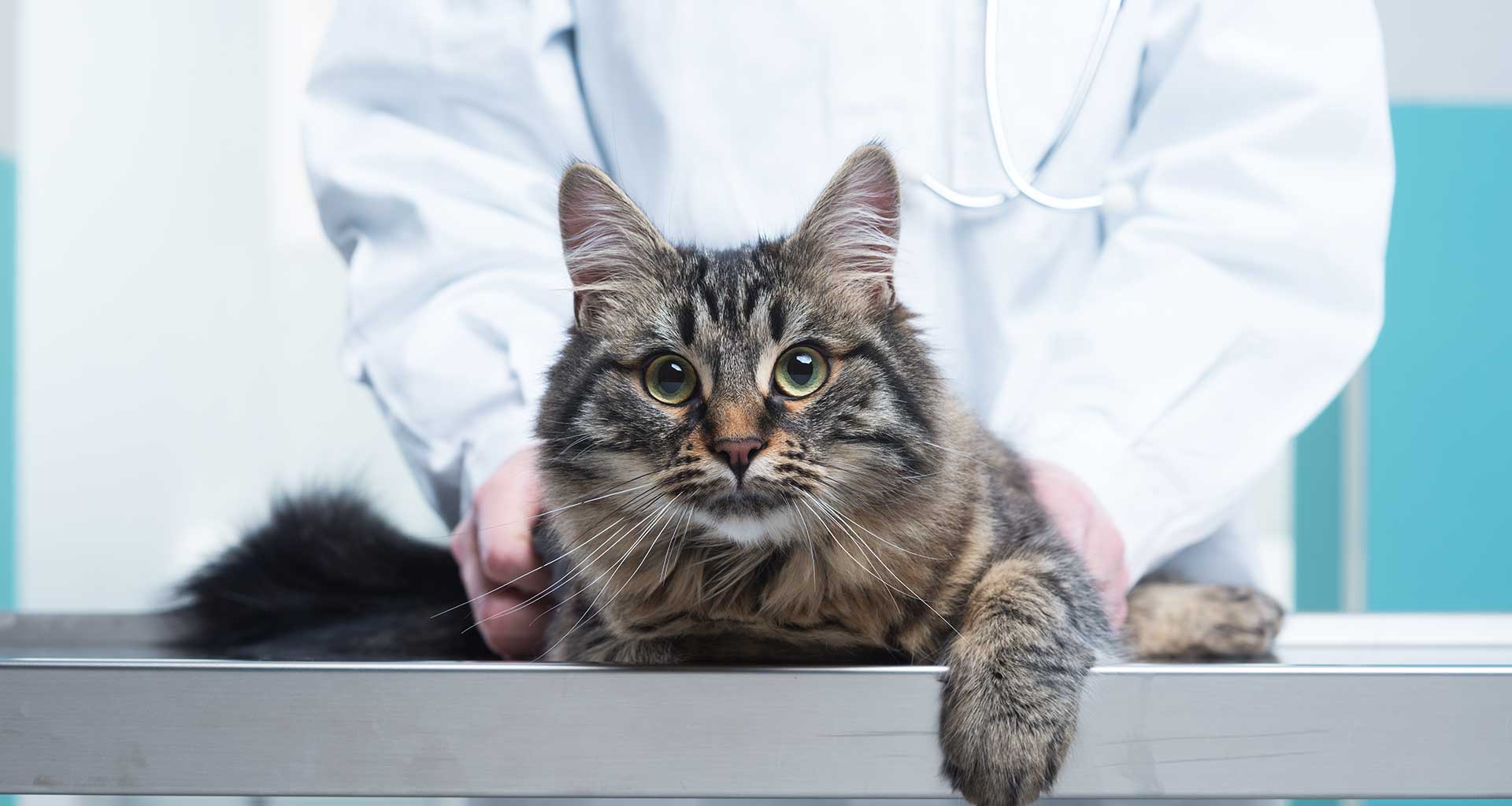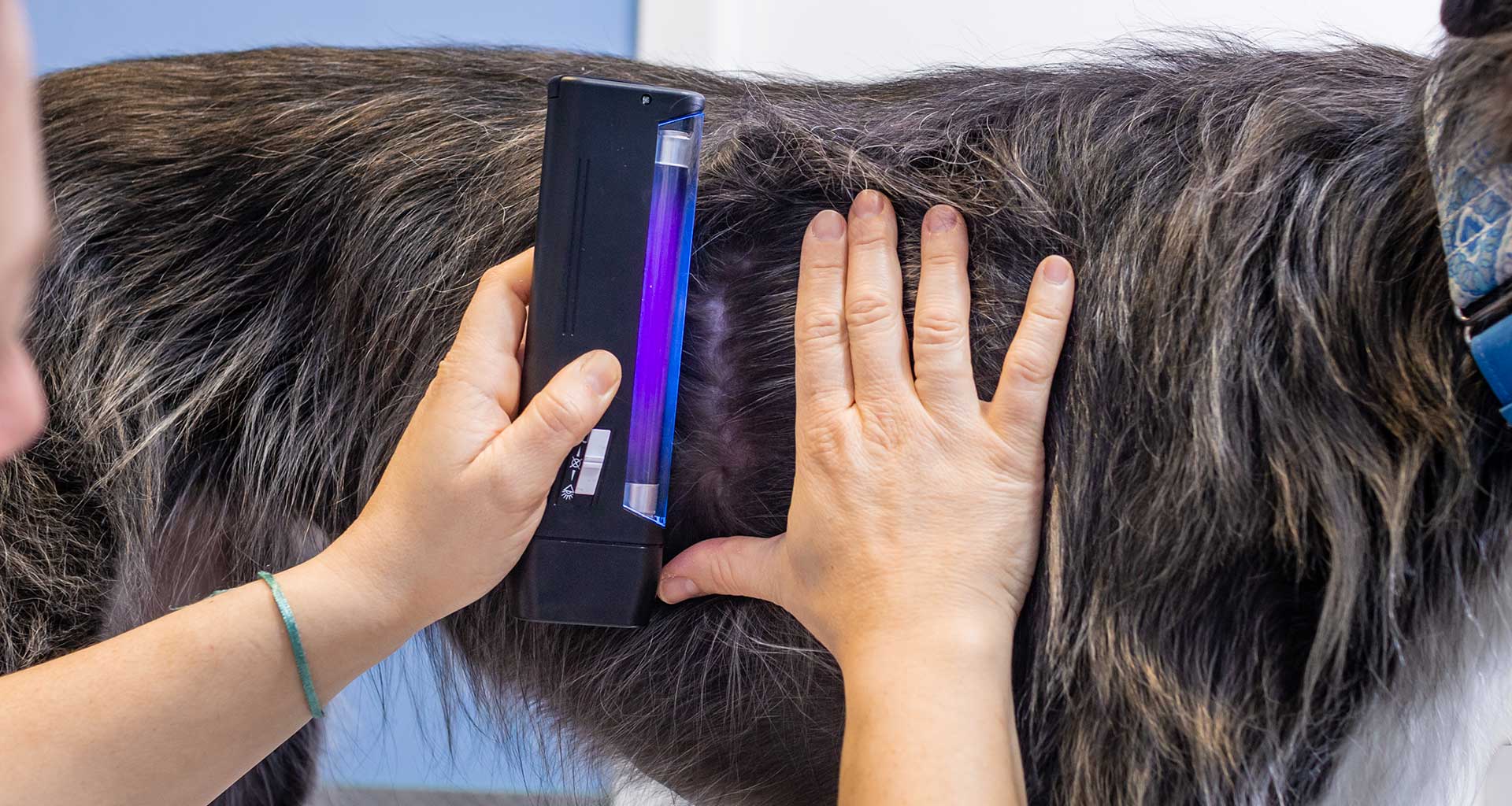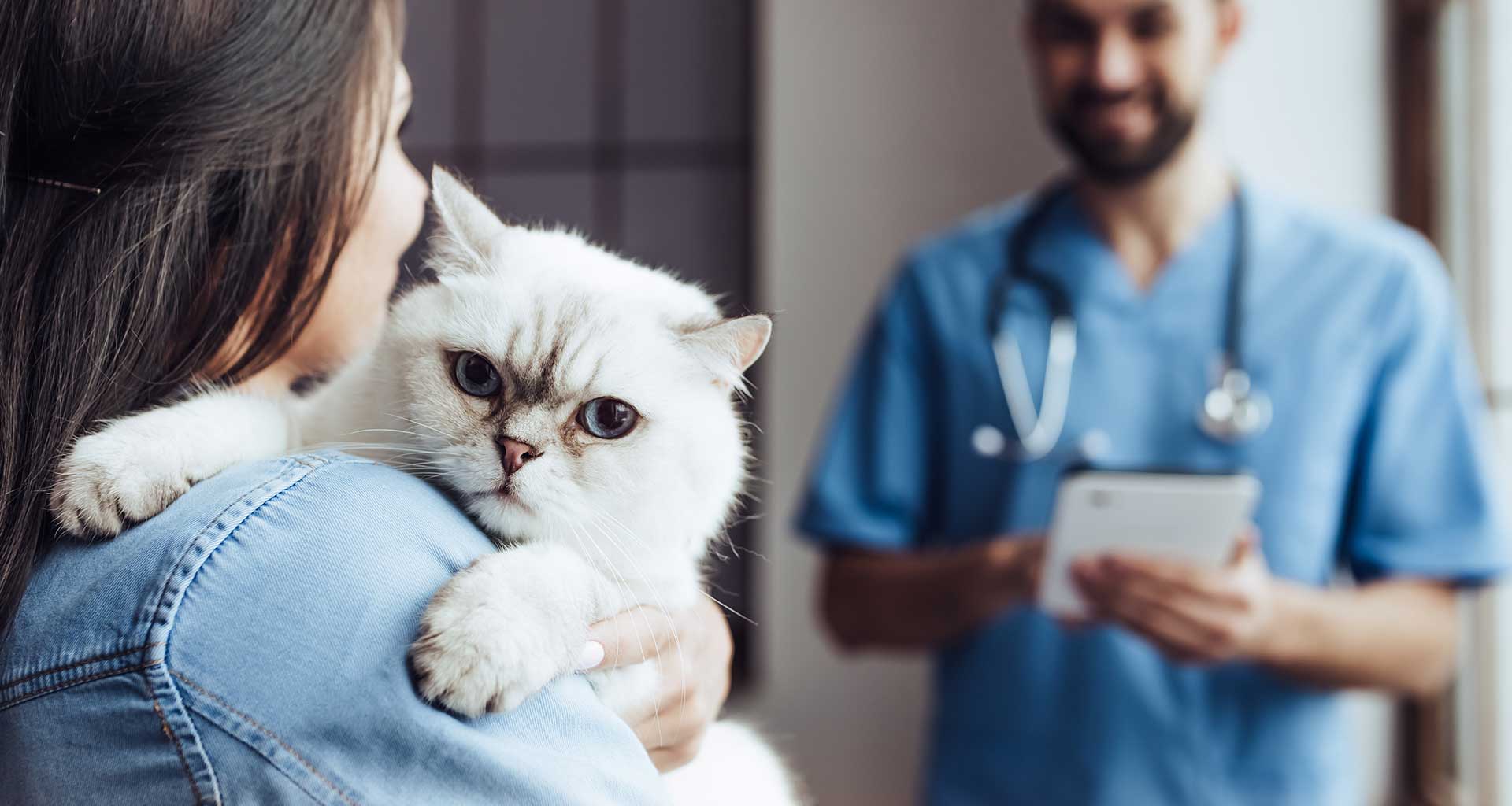As a veterinarian, one of the most challenging conversations to have with pet owners is discussing cancer care. It’s such an emotionally charged topic and the diagnosis alone can cause fear and anxiety for both pet owners and their beloved pets. However, understanding the types of treatments available, as well as the associated risks and benefits, helps pet owners make informed decisions regarding cancer care.
Types of Pet Cancers
The diagnosis of pet cancer is heart breaking for most pet owners. Caring for our beloved companions is often a difficult and challenging task, but understanding the types of cancers that can affect pets is an important part of being a pet parent. Although there are many kinds of cancer, some occur more frequently in pets than others.
The most common types of pet cancer include lymphoma, mast cell tumours, osteosarcoma (bone cancer), squamous cell carcinomas (skin cancers), and transitional cell carcinomas (bladder/urinary tract cancers). Other less common forms include hemangiosarcomas (blood vessel wall tumours), mammary gland tumours, soft tissue sarcomas, and testicular neoplasms. Additionally, pets may also be diagnosed with various metastatic or secondary forms of cancer which often originate from another primary tumour elsewhere in their bodies.
Cancer can affect pets like it affects humans, but the types of cancers are different. There are many types of pet cancers that may be seen for cats, dogs and other animals. Here is a list of some common pet cancers:
- Mast Cell Tumours: These tumours develop from mast cells in the skin and often look like lumps or bumps on the surface of the skin. Treatment typically involves surgery or chemotherapy.
- Hemangiosarcoma: This type of cancer develops from the cells that line blood vessels and is commonly found in both dogs and cats. Symptoms vary depending on where it’s located in the body, but may include sudden weakness and difficulty breathing. Surgery is typically recommended to remove as much as possible followed by chemotherapy if needed.

Symptoms of Pet Cancers
Veterinarians see a wide variety of cancers in pets. Sadly, when it comes to pet cancer, the signs and symptoms are not always easy to spot. Being aware of the early warning signs can make all the difference for your pet's health and treatment options.
Cancers in pets can manifest in a multitude of ways including changes in appetite, weight loss or gain, vomiting, diarrhoea and changes to their coat such as excessive shedding or baldness. Other common symptoms include lumps or growths on or under the skin and increased thirst with more frequent urination than usual. Additionally, if you notice your pet is having difficulty breathing or moving around then this could be an indication they are suffering from cancer as well.
Diagnosing Pet Cancers
One of the most important services that a vet can provide is diagnosing pet cancers as soon as possible. Early detection is essential for successful treatment and increased longevity.
A pet cancer diagnosis begins with a thorough physical examination and consultation to gain insight into any unexplained symptoms or changes in behaviour. To confirm the diagnosis, diagnostic tests such as blood work, radiographs (x-rays), and ultrasound may be recommended. Biopsies are also used to diagnose certain types of cancer and determine their stage or severity. Pet owners should always be aware of any changes in their pets’ behaviour or physical appearance that could point to the presence of cancer. Animals may become lethargic, lose weight, or show signs of discomfort or pain. It is important for pet owners to bring their animals into the vet if they notice these symptoms so that a proper diagnosis can be made as soon as possible.
It is important that a vet provide clients with both information and support during this difficult time so that they can make informed decisions regarding their pet’s care. When diagnosing pet cancer, veterinarians will start by taking a detailed medical history and doing a physical exam before running tests like blood work, X-rays and ultrasounds if needed.
Treating Pet Cancers
Pet cancers are becoming more and more common, but fortunately there are many treatment options available. Depending on the type of cancer and its severity, your veterinarian can provide chemotherapy or radiation therapy to help slow or even stop the spread of tumours. Surgery may be needed to remove any abnormal tissue in order to reduce pain and discomfort caused by the mass or lesion.
Your vet will also be able to provide holistic treatments such as acupuncture or herbal supplements which can help improve quality of life for pets affected by cancer.

Managing Pet Cancer Care Costs
It is important to understand the financial aspects of managing your pet’s cancer care, as this can help to make sure that your furry friend has access to all of the treatments they need. Alongside the emotional pain of this news is often an overwhelming concern about managing pet cancer care costs. Fortunately, there are some strategies and approaches that can help reduce these financial burdens.
Costs associated with diagnosing and treating pet cancer vary widely depending on the type and severity of illness. In many cases, you may need to consider chemotherapy, radiation therapy, surgical options or other treatments in order to properly address your pet’s needs. All of these services come at a cost and it is important that you have an understanding up front about what these costs will be so that you can plan accordingly.
One way to manage these costs is through insurance policies specifically designed for pets with cancer. Another way to reduce pet cancer care costs is by researching your options. Talk to your vet and ask if they offer any discounts or payment plans. There may also be charities that provide financial assistance for pets with cancer, so be sure to look into those as well. Additionally, there are a few other things you can do such as consulting with specialists who may have lower fees than full-service vets, and comparing prices from different pharmacies when purchasing medications or supplements for your animal’s health needs.
Pet cancer care is an important and often necessary part of a pet’s healthcare. Your vet can provide advice and assistance to ensure the best possible outcome for your pet.





